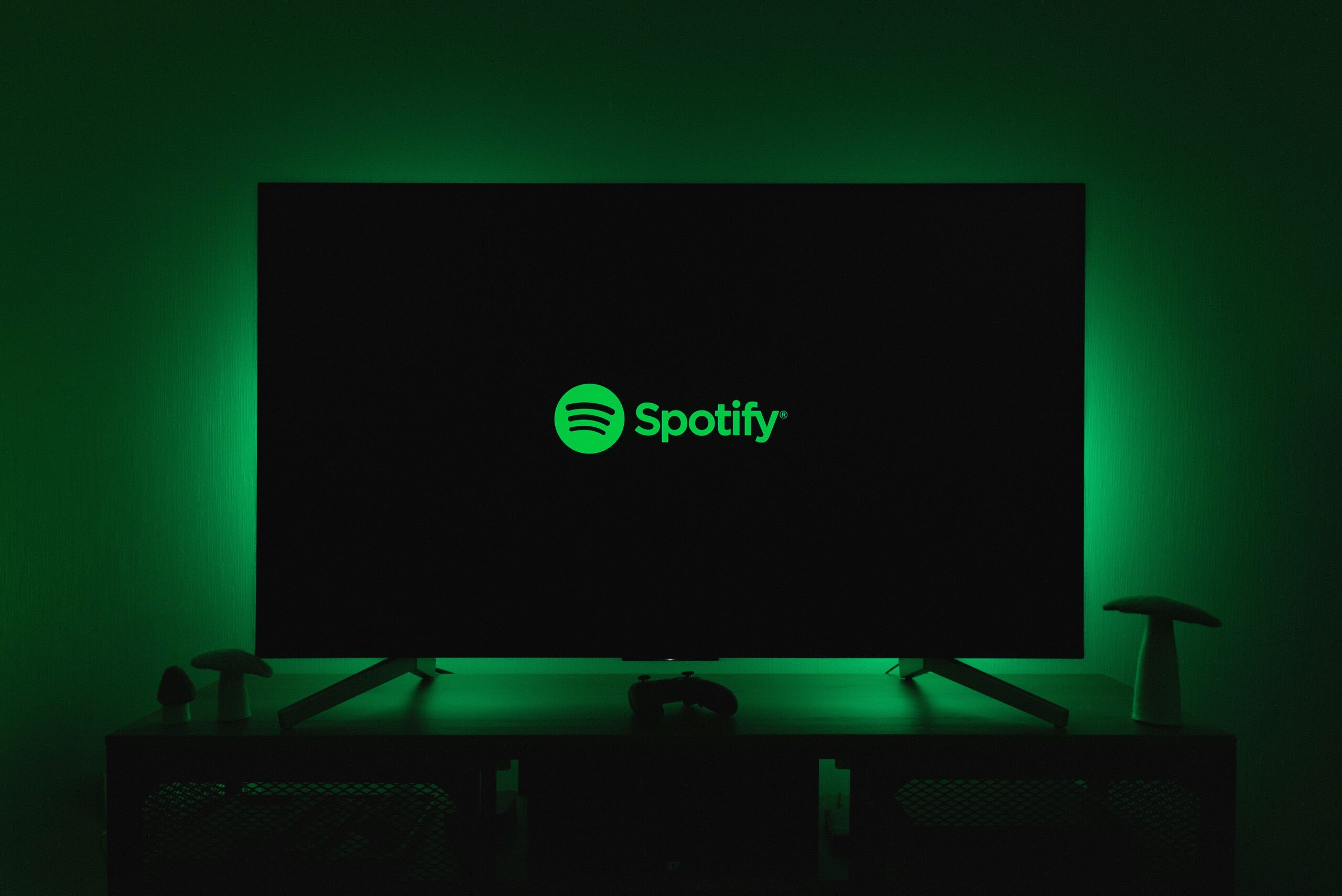After nearly 18 years at the helm of Spotify, CEO and co-founder Daniel Ek announced he will step down, closing a founder-led chapter that reshaped global music and audio. What began as a Swedish startup born in the wake of Napster and piracy fears became the world’s dominant streaming platform, influencing how music is discovered, consumed, and monetized.
Ek’s exit marks a turning point — both for Spotify as it pursues profitability and for the broader streaming economy, which now faces mature growth, rising competition, and pressure from artists and regulators.
From Stockholm Apartment to Global Stage
Ek and co-founder Martin Lorentzon launched Spotify in 2006 to combat music piracy and re-monetize a collapsing industry. At a time when iTunes downloads were king and illegal file sharing rampant, Spotify introduced an on-demand, ad-supported streaming model and negotiated unprecedented licensing deals with major labels.
Key milestones under Ek’s leadership:
- 2008: Spotify officially launches in Europe.
- 2011: Moves into the U.S. market after long negotiations with record labels.
- 2015–2016: Launch of Discover Weekly and Release Radar — AI-driven personalization features that differentiate the product.
- 2018: Direct listing on the NYSE — bypassing the traditional IPO and showcasing founder confidence.
- 2020 onward: Aggressive podcast strategy — acquisitions of Anchor, Gimlet, Parcast; exclusives like Joe Rogan and Call Her Daddy.
Each move reflected a vision to turn streaming into the default global listening experience, not just for music but all audio.
Betting Big on Podcasts and Beyond
The podcast push was both bold and expensive. Between 2019 and 2022, Spotify spent more than $1 billion acquiring podcast networks, talent, and tech. Ek’s bet: own the next big audio category and control advertising inventory beyond music.
The result was mixed. Spotify became a podcast powerhouse and gained ad tech capabilities, but profitability lagged. Licensing music remained costly, and the company struggled to monetize podcasts at the scale anticipated. Still, this move positioned Spotify as a diversified audio platform — a strategic hedge against Apple and Amazon, which treat music as an ecosystem booster rather than a standalone profit center.
The Shift From Hypergrowth to Discipline
For most of its history, Spotify prioritized scale over profit. Subscriber numbers climbed past 600 million monthly users, including 250 million paid, but investor patience for endless expansion waned by 2023.
Ek responded decisively:
- Layoffs & Cost Resets: Several rounds of workforce reductions aimed at improving efficiency.
- Ad Tech & Marketplace Tools: New products to help creators monetize and brands target listeners.
- Audiobooks & New Formats: Expansion into spoken word content to diversify beyond music.
By 2025, those moves started to bear fruit. Spotify delivered consistent positive free cash flow and improved operating margins — long a sticking point for Wall Street.
Why Now
Several dynamics make Ek’s departure logical even as it surprised casual observers:
- Mission Milestone: Spotify has survived its most vulnerable years and cemented its role as the global audio leader.
- Profitability Turning Point: Leaving after setting the company on a clearer financial path preserves founder legacy.
- Personal Renewal: Ek, only 42, has spoken about burnout and hinted at exploring new ventures in climate and health tech.
- Founder Transition Lessons: Tech founders from Jeff Bezos to Reed Hastings have stepped back when companies needed fresh operational focus.
In his memo to employees, Ek wrote: “Spotify has entered a new chapter — sustainable growth. After nearly two decades, I believe this is the right moment for new energy at the helm.”
What Comes Next for Spotify
The board has begun searching for a successor, weighing internal and external candidates. Analysts expect an operationally strong CEO — someone steeped in partnerships, licensing, and ad tech — rather than a visionary disruptor.
Strategic imperatives for the next leader include:
- Margins & Efficiency: Maintain profitability while still investing in product innovation.
- Creator Marketplace: Convince artists, podcasters, and publishers that Spotify is their most lucrative home.
- Global Competition: Fight off Apple, Amazon, and YouTube while deepening penetration in emerging markets.
- Regulatory Pressure: Navigate Europe’s Digital Markets Act and ongoing antitrust scrutiny.
- Revenue Diversification: Grow audiobooks, live audio, and advertising to reduce dependence on music licensing.
The Broader Streaming Landscape
Spotify’s maturity reflects the audio market’s shifting dynamics:
- Bundled Competition: Apple Music and Amazon Music thrive because they’re part of broader ecosystems.
- Artist Pushback: Musicians and rights holders continue to challenge streaming payouts and push for direct-to-fan models.
- Platform Fatigue: Growth slows as major Western markets saturate; expansion hinges on regions with lower ARPU (average revenue per user).
- Advertising Opportunity: Streaming audio ad spend is rising but still underdeveloped compared to video and social.
The next few years will determine whether Spotify can remain the cultural and financial leader or become a utility-like service pressured by competitors with deeper pockets.
Lessons for Business and Investors
Ek’s career arc offers valuable takeaways:
- Reinvent Before You Plateau: Spotify jumped into podcasts and new formats before music growth stalled.
- Scale First, Then Profit — Carefully: But markets eventually demand clear cash generation.
- Founders Should Know When to Transition: Like Bezos at Amazon, Ek chose to exit after difficult but strategic cost resets.
- Customer Obsession Wins: From personalization to Wrapped, user delight fueled brand strength despite profit delays.
- Data + Brand Is Moat: Spotify’s listening data and cultural resonance give it an edge even against tech giants.
For investors, it’s a reminder: founder vision drives disruption, but durable returns require operational rigor once scale is reached.
Daniel Ek’s departure marks the end of one of modern tech’s most ambitious entrepreneurial runs. He built a platform that changed consumer behavior globally and dragged a reluctant music industry into the streaming era. Now Spotify must prove it can thrive without its original architect while defending margins and innovating against deep-pocketed rivals.
For business leaders and investors, the story is both cautionary and inspiring — a testament to timing, reinvention, and the discipline to hand off when the moment is right.





